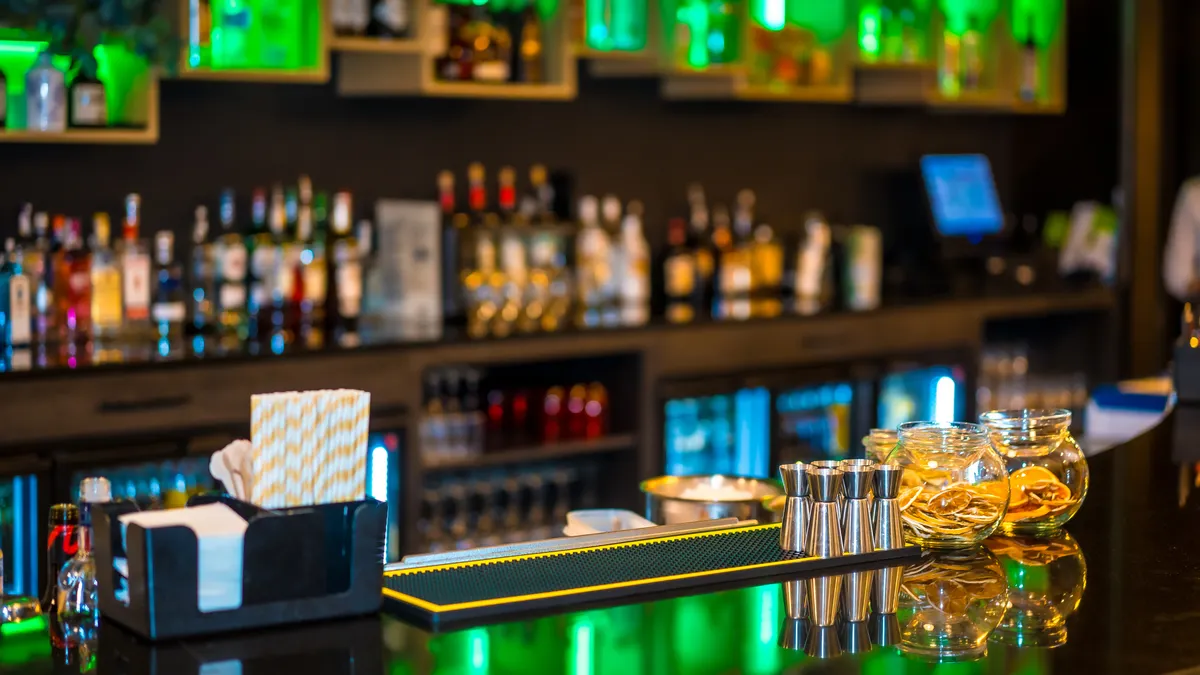The Supreme Court declined to take up a Black dancer’s claims of workplace discrimination Monday, drawing a scathing dissent from Justice Ketanji Brown Jackson.
The decision leaves in place a previous ruling that the plaintiff brought the case outside of the four-year statute of limitations. The discrimination suit was filed in August 2021, while the discrimination began at one club in 2014 and at another in 2016.
At issue is a claim that the plaintiff would sometimes be denied entry for work because the employers limited the number of Black dancers allowed to work at a time.
Jackson called into question the idea of what constitutes “discrete discriminatory action” in this case, noting that the plaintiff also alleged she was barred from entering the clubs in question, due to her race, in November 2017 and August 2021.
By saying the plaintiff’s discrimination claims are “time barred,” Jackson said in her SCOTUS dissent, the 5th U.S. Circuit Court of Appeals “impermissibly inoculates the clubs’ more recent discriminatory conduct.”
The holding also “flouts this Court’s clear precedents,” Jackson said.” We have long held that ‘[e]ach discrete discriminatory act starts a new clock for filing charges alleging that act,’ regardless of whether similar instances of discrimination have occurred in the past,” she continued, calling the 5th Circuit ruling “patently erroneous.”
Justice Sonia Sotomayor joined Jackson’s dissent.
The 5th Circuit and some of the lower courts within it have advanced several Trump administration goals in recent months, and the war on DEI may not be an exception. High-profile rulings that struck down federal gender identity guidance and regulations requiring accommodation for elective abortions have emerged from Texas and Louisiana courts, respectively, in recent months.
Early in his administration, President Donald Trump issued an executive order targeting private-sector DEI as potentially “illegal” following an executive order regarding public-sector DEI. He called on federal agencies to help, providing recommendations on how the private sector can “end illegal discrimination and preferences.”
Beyond changing enforcement, the legal landscape is also affecting cultural programming at work, with some business leaders fearing that cultural celebrations, such as LGBTQ+ pride during June, could make their companies a target for litigation.
















